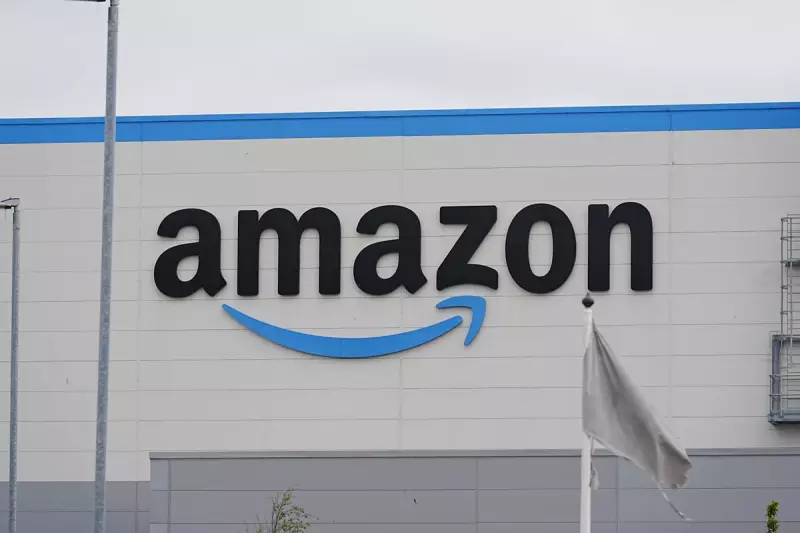
In a landmark case that could reshape the gig economy, a group of UK Amazon Flex delivery drivers is taking the tech behemoth to an employment tribunal. They allege that the company's relentless surveillance and demanding performance algorithm have created a punishing work environment, leaving them with the responsibilities of employees but without the corresponding rights.
The crux of the dispute lies with the Amazon Flex app, which drivers use to manage deliveries. The GMB union, representing the drivers, argues the app functions as a digital overseer. It meticulously tracks a driver's every move, from their speed and route efficiency to their rate of successful deliveries.
The 'Inhumane' Pressure of Constant Surveillance
Drivers report working under immense pressure to meet unrealistic targets set by the algorithm. Any deviation, such as a toilet break or a delay due to traffic, can negatively impact their performance rating. This system, they claim, is designed to be "inhumane" and places their safety and well-being at risk.
Alan, a driver involved in the case, shared his experience: "The app knows everything. If you're five minutes late, you get a warning. It doesn't account for real-world problems like roadworks or needing to find a bathroom. The constant threat of being deactivated from the platform for minor infractions is incredibly stressful."
A Fight for Employment Status and Rights
This legal action challenges the very foundation of Amazon's business model for its delivery network. By classifying drivers as self-employed 'partners', Amazon avoids providing benefits like the national minimum wage, holiday pay, and sick pay.
The drivers and the GMB union are arguing that the extreme level of control exerted by Amazon through its algorithm means they should legally be considered 'workers', a status that grants them fundamental employment protections.
A spokesperson for the GMB stated: "Amazon can't have it both ways. They can't use technology to micromanage every second of a driver's day and then claim those individuals are running their own businesses. This is about basic dignity and fair treatment."
An Amazon spokesperson responded, defending the Flex programme as offering "great earning opportunities" and flexibility, while asserting that they support thousands of drivers across the country.
The outcome of this tribunal will be closely watched, as it could set a significant precedent for the rights of millions working in the platform-based gig economy across the United Kingdom.





